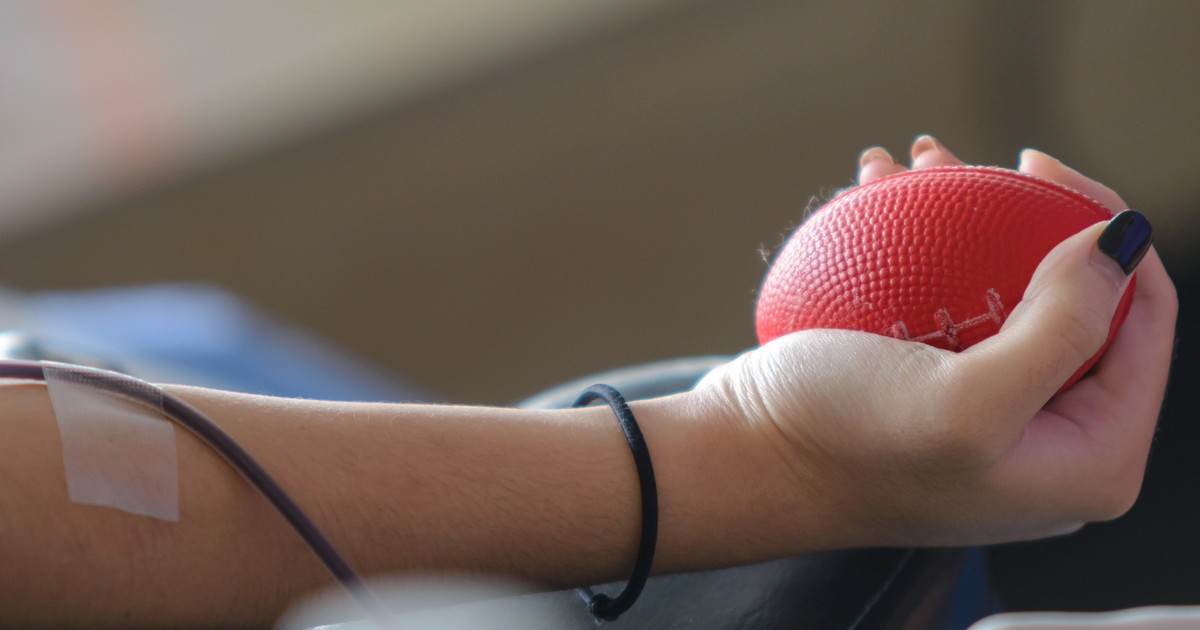10 Mind-Blowing Blood Type Secrets Your DNA Doesn't Want You to Know
9. Blood Types And Ethnicity

There are links between blood types and ethnicity. Every ethnicity can have all of the major blood types in it. As a reminder, the major types are positive and negative O, A, B, and AB blood. It is worth noting that certain blood types are found more often in certain ethnicities. Type O blood is the most common worldwide. However, it is the most common among individuals with Hispanic heritage. Reports indicate that type O blood is found at a rate of fifty-seven percent in these individuals. Another example of the link between ethnicity and blood type is that type B blood appears to be the most common among individuals with Asian heritage. Finally, research indicates that there can be a lower risk of reactions when individuals receive blood from someone of the same ethnicity. It can also be of significant benefit as well. A prime example of this is the Ro subtype. This subtype is more common in black individuals and, as mentioned, appears to be a significant help in treating sickle cell anemia, which is also more prevalent in these individuals.
10. Other Typing Systems

The most common blood typing systems are the ABO and Rh systems. Individuals need to know their blood type according to these systems. In fact, they may only need to know these systems. However, there are other typing systems. Some of these systems are the MNS, Kell, and Lewis systems. The MNS system is based on chromosome 4 and two genes, glycophorin A and B, on it. This system contains forty-six antigens. The Kell system is a group of antigens that have an important link to autoimmune conditions, such as autoimmune hemolytic anemia. Evidence indicates that Kell antigens are important in transfusions as well. The Lewis system of blood typing is based on the FUT3 and FUT2 genes (Lewis and Secretor genes, respectively), which are found on chromosome 19. The antigens in this system do not appear to be relevant to blood transfusions, since reports indicate that the donor's red blood cells will develop the antigens of the recipient. In fact, the risk of complications of mixing different blood types (as categorized by these other typing systems) is fairly low overall.
